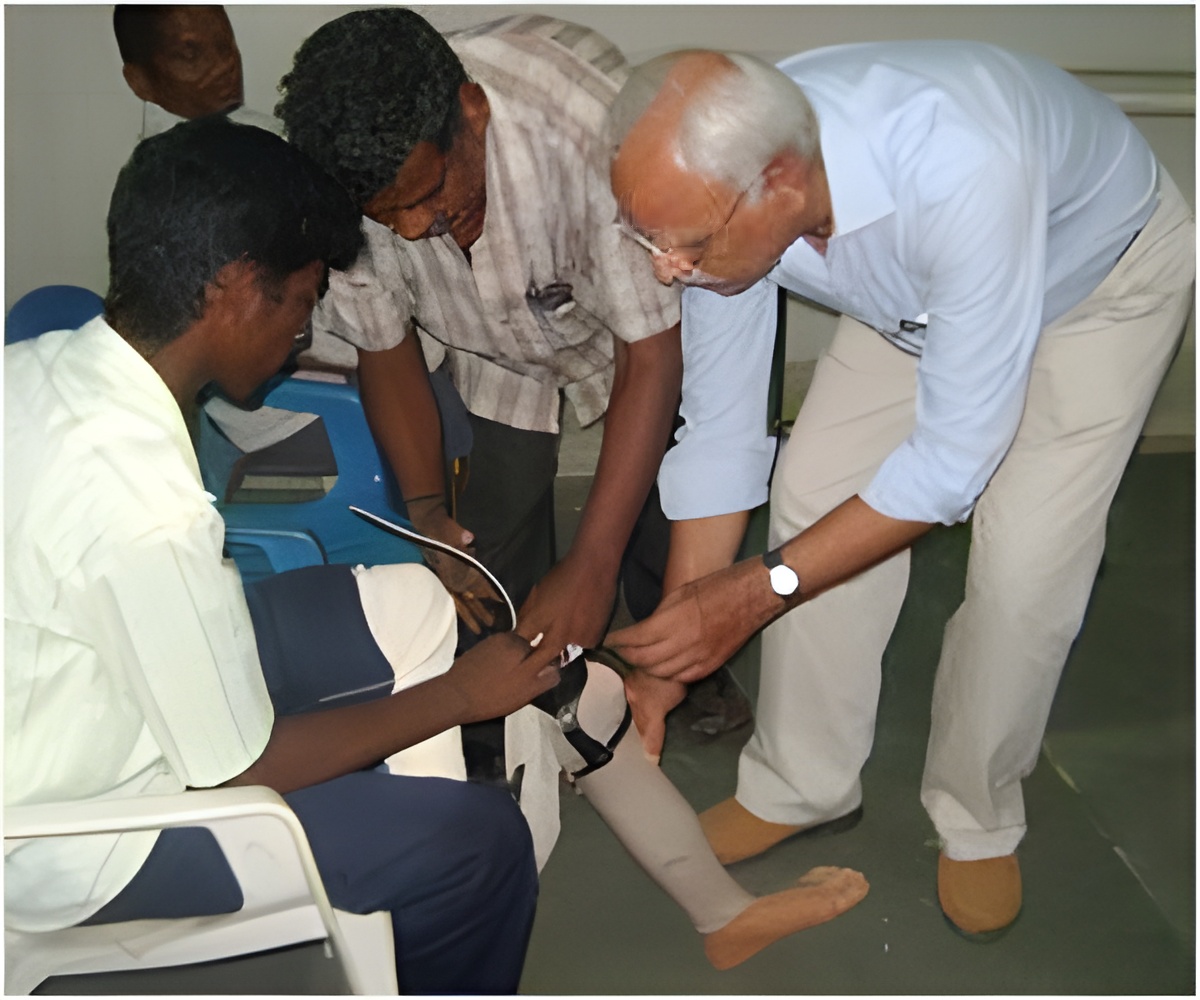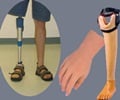Micro-RNA, one of the smallest entities in the human genome, could increase the risk of limb amputation in diabetic patients who have poor blood flow, a new study has found.

Micro-RNAs (miRNAs) are small sections of ribonucleic acid (RNA) that can inhibit many genes.
Alternatively, slowing down miRNA-503 improved the capability of endothelial cells to duplicate and form into networks of small blood vessels.
The researchers showed that microRNA-503 reduces cell growth and prevents the formation of blood vessels by direct binding and inhibition of cyclin E1 and Cdc25 mRNA.
The team subsequently investigated miR-503 and target gene expression in muscular specimens from the amputated ischaemic legs of diabetic patients.
As controls, calf biopsies of non-diabetic and non-ischemic patients undergoing saphenous vein stripping were used. In diabetic muscles, miR-503 expression was remarkably higher, and plasma miR-503 levels were also elevated in the diabetic subjects.
Advertisement
The study has been published online in Circulation: Journal of the American Heart Association.
Advertisement













